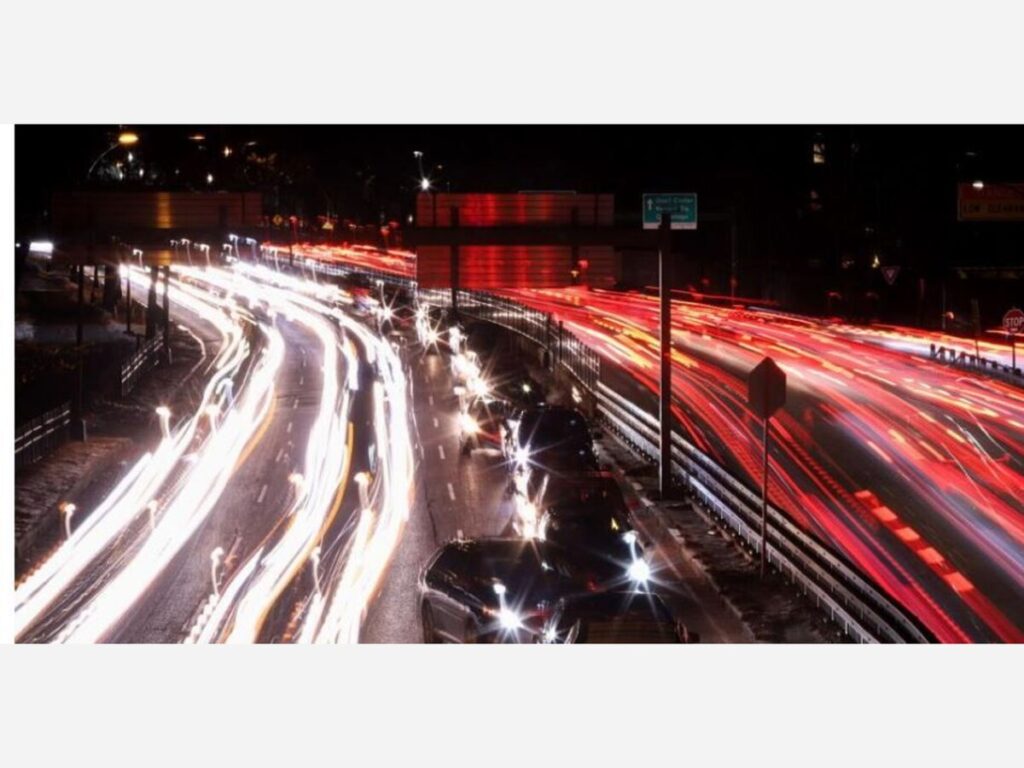Efforts to align Massachusetts’ transportation plans with its greenhouse gas reduction goals have sparked debate, particularly regarding a proposal to reduce the number of miles driven by residents. This approach, while aimed at addressing the state’s largest source of emissions, faces skepticism from some legislators who fear it could pose challenges for rural communities.
Proposal and Legislative Context
Senate Majority Leader Cynthia Creem introduced legislation (S 2246) that mandates the Department of Transportation to establish targets for decreasing statewide driving miles. This initiative is part of a broader strategy to integrate transportation planning with Massachusetts’ climate objectives. “Its purpose is to ensure that our multi-million dollar transportation plans, broadly speaking, get us where we need to go on climate change and reducing vehicle miles,” Creem explained, noting that states like Colorado and Minnesota have implemented similar measures successfully.
The bill also proposes forming an interagency council to develop a comprehensive plan aimed at reducing reliance on personal vehicles by expanding access to alternative transportation options. This step is seen as crucial, given that transportation accounts for the largest share of the state’s greenhouse gas emissions.
Challenges and Criticisms
Despite the bill’s intentions, some lawmakers express concern about potential complications. Senate co-chair of the Telecommunications, Utilities and Energy (TUE) Committee, Sen. Michael Barrett, questioned the practicality of layering multiple initiatives, which he feared might obscure necessary actions. “We do have a lot of provisions right now…that correlate transportation spending and climate goals,” Barrett remarked, acknowledging the existing framework of emission sublimits and mandates for zero-emission transit fleets.
Barrett also highlighted the potential impact on rural areas, where public transportation is less accessible. He posed the question, “Why we would want to start to pressure Massachusetts to reduce all miles traveled, polluting and non-polluting alike, does raise the question of what someone is to do in a place where one has to travel a long distance.”
Broader Climate Goals
Massachusetts aims to significantly cut carbon emissions, targeting a 50% reduction from 1990 levels by 2030, progressing to at least 85% by 2050, alongside achieving net-zero emissions. These goals are supported by existing mandates, including those promoting electric vehicles and reducing commute distances. However, Creem emphasized the need to avoid relying solely on electric vehicles in decarbonization efforts, especially given recent federal policy shifts affecting vehicle emissions standards and electric vehicle incentives.
The ongoing reevaluation of the state’s climate policies, as noted by TUE Committee House Chair Rep. Mark Cusack, highlights the dynamic nature of this legislative landscape. As Massachusetts navigates these complexities, the debate continues on how best to balance emission reductions with the diverse needs of its residents.
Original Story at franklinobserver.town.news
